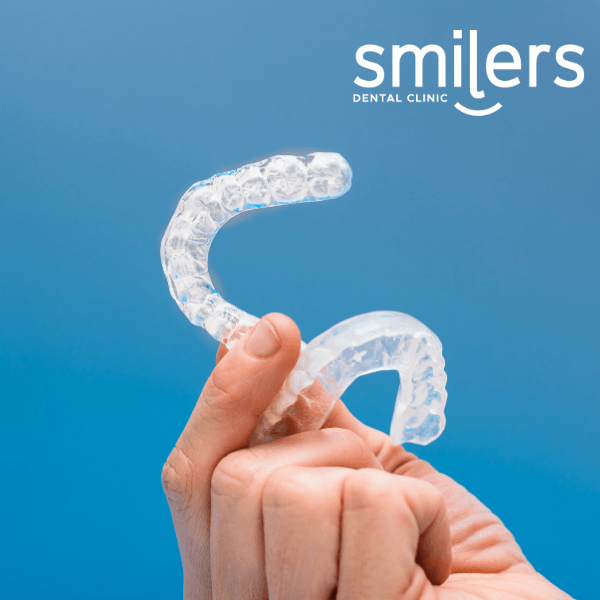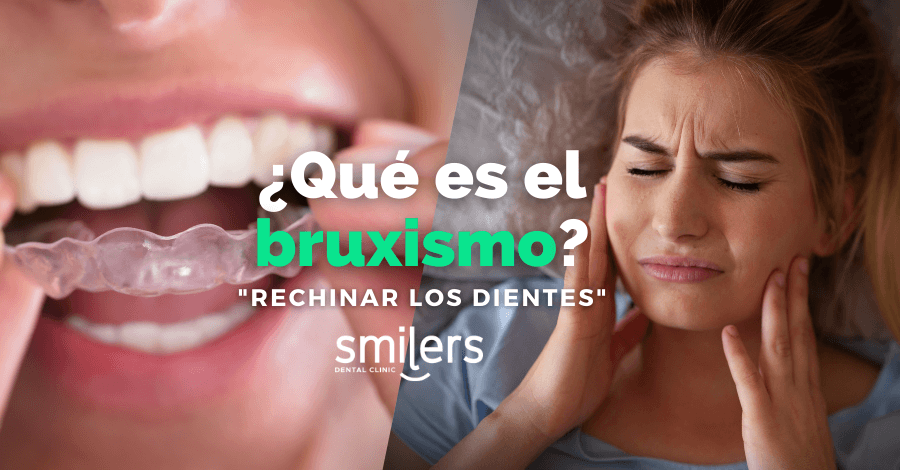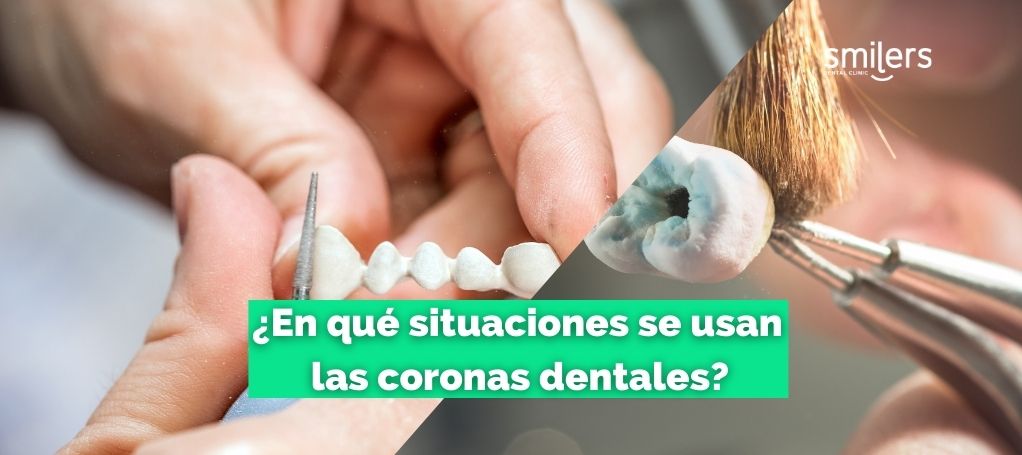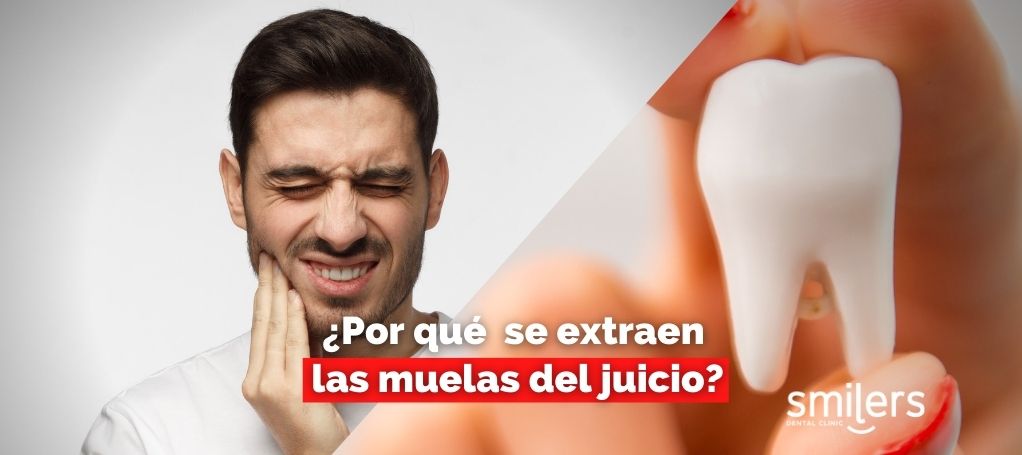Bruxism is a very common oral pathology nowadays and consists of the involuntary action of contracting the jaw muscles. Bruxism is also known as “teeth grinding” and is a pathology that usually appears in the mouth. affects more than 10% of the world’s populationIt is a pathology that usually appears during sleep as the movements are carried out unconsciously.
The consequences of bruxism include the wear and tear of teeth and problems with the gums, which is why it is advisable to see a dentist so that he or she can study your case and offer you a solution that meets your needs.
Symptoms of bruxism
The action of grinding the teeth entails a series of symptoms that will affect the person suffering from bruxism. One of the most common and common symptoms is the sensation of load and muscle tension in the jaw area. In addition, bruxism may cause earaches or headaches.
We continue to list the symptoms related to bruxism and it is time to mention tooth sensitivity when eating hot or cold food.
Finally, we will mention insomnia or inflammation of the jaw joint as other common symptoms suffered by a person suffering from bruxism.
In summary, the most common symptoms of bruxism are:
- Muscle tension in the jaw.
- Dental sensitivity to temperature changes
- Inflammation of the jaw
If you suffer from several of these symptoms, it is advisable to see a dentist.
Schedule your first dental appointment
Causes of bruxism
After knowing the main symptoms of bruxism, it is time to answer one of the most common doubts of patients suffering from this pathology: What is the cause of bruxism? Why does it occur?
As with other dental diseases, there is no fixed cause for this pathology, but specialists point out that stress and anxiety are the main causes of bruxism. In this case, the solution would be to reduce anxiety levels as it could be a temporary situation.
Another cause related to bruxism is related to genetic factors as well as it could be related to other pathologies, such as allergy. Finally, we will mention different dental alterations, such as malocclusion, as another reason why bruxism appears.
In summary, some of the causes related to bruxism are:
- Stress
- Anxiety
- Malocclusion
Treatment of bruxism
As we have seen in the causes and symptoms of bruxism, there is not always a direct relationship with the mouth, so the treatment of bruxism is focused on protecting the teeth and other oral tissues.
Unloading splint
One of the best examples used for the treatment is the dental splint, a dental protection made of resin or plastic that is used to prevent injury to the teeth.

Furthermore, thanks to the use of this splint (which is designed in a dental laboratory taking into account the patient’s needs), we will be able to eliminate unpleasant symptoms such as headache, jaw pain or earache.
Considering that stress and anxiety is the main cause of bruxism, it is clear that relaxation therapy will be one of the most effective alternatives to end bruxism.
Activities such as yoga or meditation can be very useful to achieve this goal, although we cannot rule out the help of a professional (psychologist) to achieve a significant improvement in our emotional health.
Practical tips for people suffering from bruxism
We will end this article by talking about a series of simple tips that will be of great help if you suffer from bruxism:
- Avoid chewing gum
- Drinking plenty of water
- Avoid eating hard foods, such as nuts or apples.
- Periodically massage the jaw, shoulders and face area.
- Resting properly
- Avoiding stress and anxiety
In short, bruxism is a disease that appears due to numerous causes and affects the mouth, among other areas of the body.
This post is purely informational and does not replace a consultation with the dentist in any way. Contact the smile agents team to schedule an appointment with one of the dentists at Smilers Dental Clinic.



